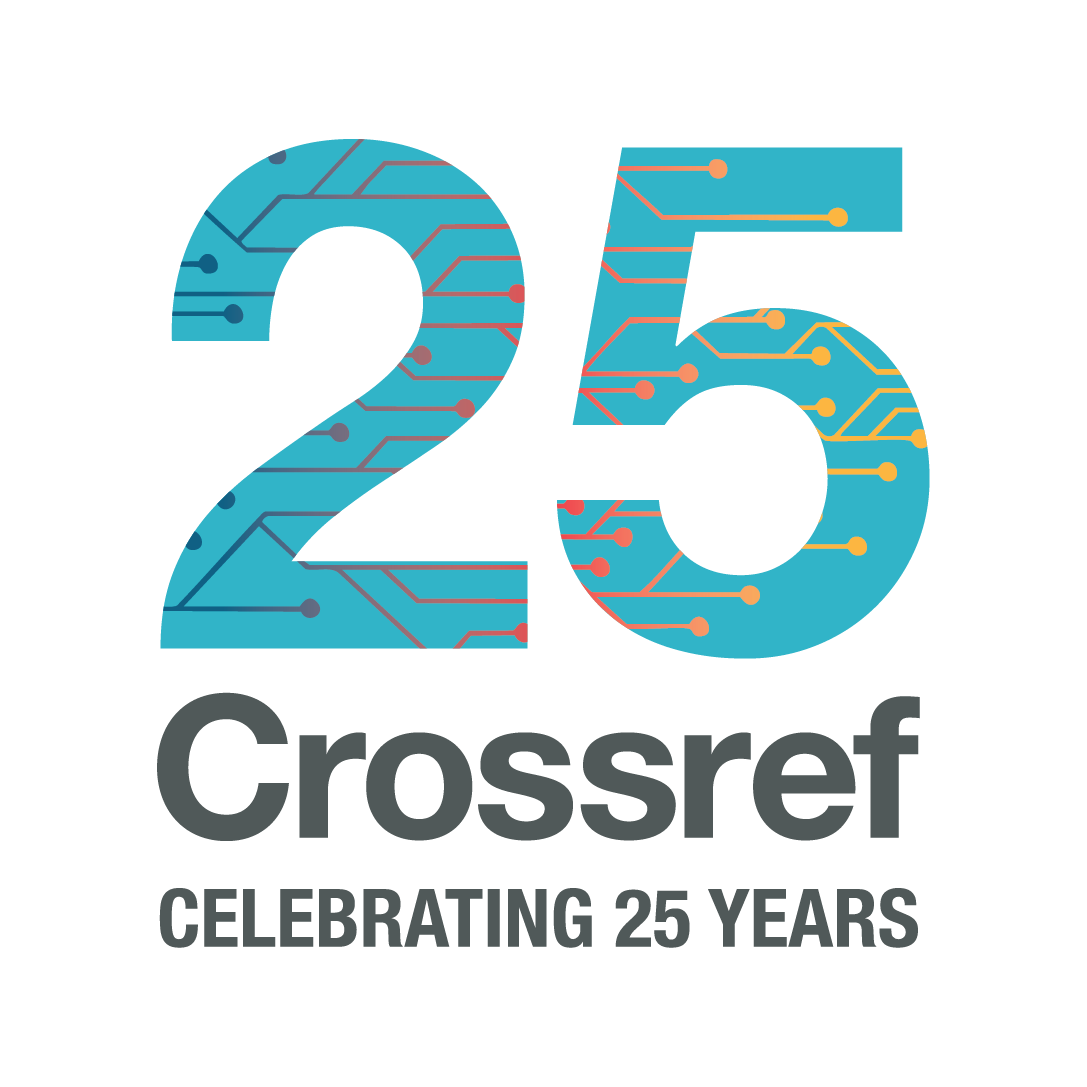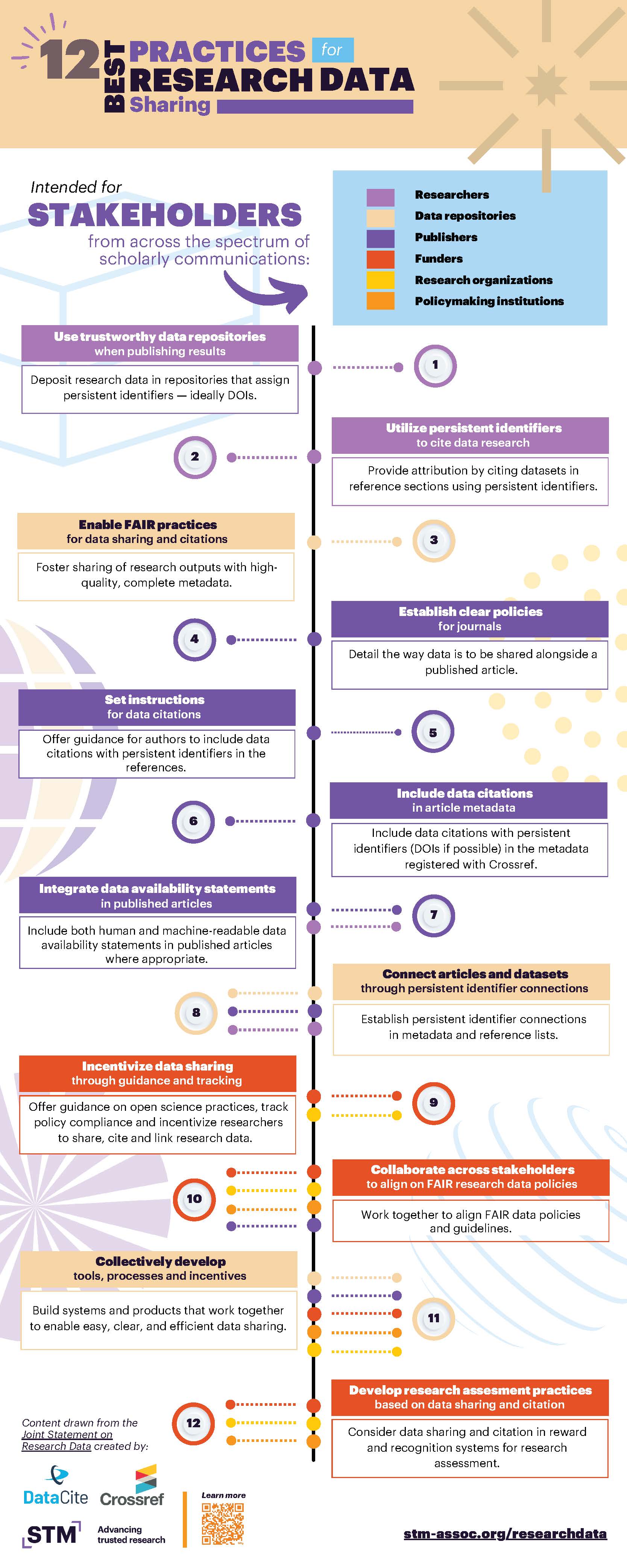 https://doi-org.ezproxy.csu.edu.au/10.13003/c23rw1d9
https://doi-org.ezproxy.csu.edu.au/10.13003/c23rw1d9
Crossref acquires Retraction Watch data and opens it for the scientific community
Agreement to combine and publicly distribute data about tens of thousands of retracted research papers, and grow the service together
12th September 2023 —– The Center for Scientific Integrity, the organisation behind the Retraction Watch blog and database, and Crossref, the global infrastructure underpinning research communications, both not-for-profits, announced today that the Retraction Watch database has been acquired by Crossref and made a public resource. An agreement between the two organisations will allow Retraction Watch to keep the data populated on an ongoing basis and always open, alongside publishers registering their retraction notices directly with Crossref.












